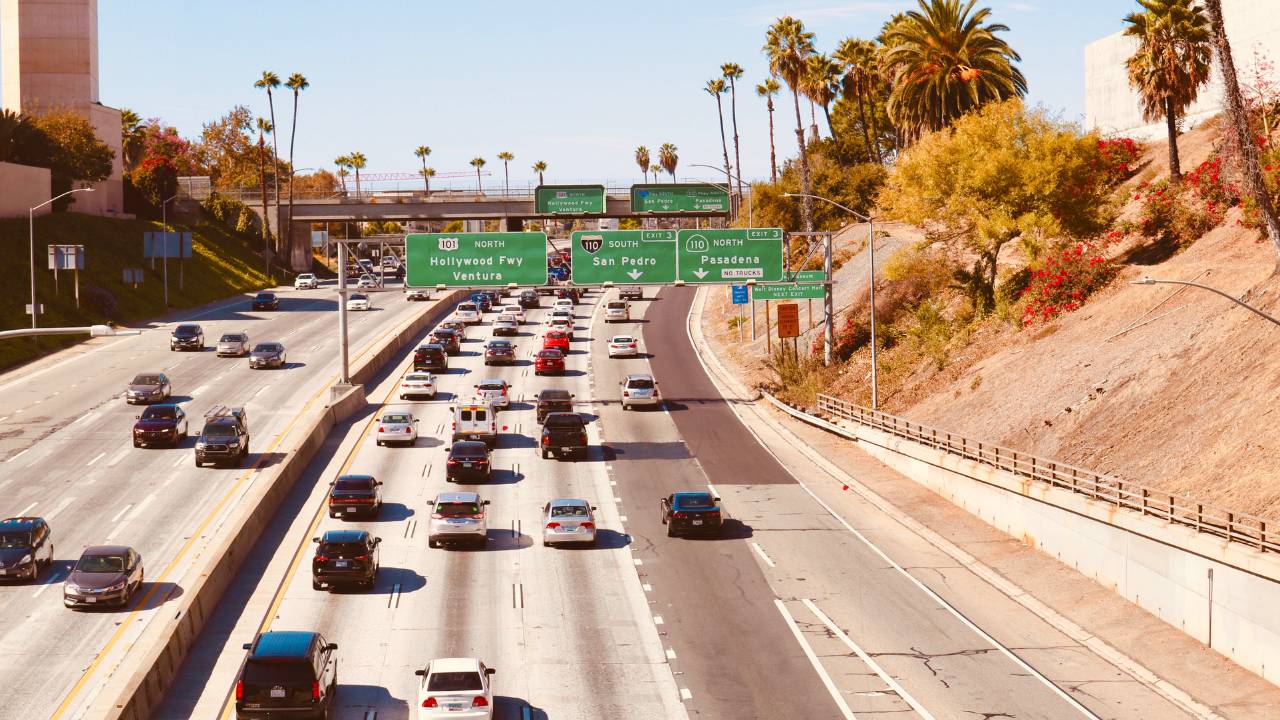Buying a used car in California can save you thousands—if you don’t end up with a lemon. You may love the price and how the car looks, but what’s under the hood (and hidden in its past) might surprise you. That’s where a VIN number check California tool becomes essential. A California VIN check gives you the backstory—accidents, title issues, or mileage rollbacks—before you sign anything.

The Vehicle Identification Number (VIN) is a unique 17-character code stamped on every vehicle. Think of it like a fingerprint. It tracks the car’s entire history, from the day it was manufactured to every accident, title transfer, and registration.
You can usually find the VIN:
- On the dashboard (driver’s side, near the windshield)
- Inside the driver’s side door frame
- On the title and registration papers
When you enter this number into a California VIN check tool, you unlock valuable information. And if you’re a car buyer, that information could make or break your decision.
Common Risks When Buying a Used Car
Skipping the VIN check means you rely solely on the seller’s honesty—and that’s risky. Here’s what you can uncover with a VIN lookup:
| ⚠️ Red Flag | 🚗 What It Could Mean |
| Accident history | Car may have frame or structural damage |
| Odometer rollback | Car may be older or more worn than claimed |
| Salvage or junk title | Car was declared a total loss |
| Multiple ownerships | Frequent turnover may signal hidden issues |
| Title problems | Car might be stolen or have liens |
| Out-of-state history | Could have been in floods or other disasters |
For more insights on what these red flags mean, check out our guide on how to read a VIN report.
How a VIN Check Works in California
The California DMV lets you verify registration and check for stolen vehicles, but it doesn’t give you the full story. To dig deeper, use a third-party service. These services pull from:
- National Motor Vehicle Title Information System (NMVTIS)
- Insurance companies
- Auto recyclers and salvage yards
- State DMVs
- Auctions and dealerships
You’ll get a detailed report showing:
✅ Title history
✅ Accident records
✅ Mileage and odometer issues
✅ Previous ownership and usage (private, rental, fleet)
✅ Open recalls or manufacturer defects
✅ Lien and repossession records
These services typically cost between $10 and $40—but it’s a small price to pay for peace of mind.
Step-by-Step: How to Do a VIN Number Check Before Buying
Here’s how to use a VIN check like a pro when shopping for a used car in California:
- Find the VIN
Check the dashboard, door frame, or paperwork to get the correct VIN. Double-check for typos! - Use a Trusted VIN Lookup Tool
Choose a reputable provider like:- VINCheck.info (free)
- Carfax or AutoCheck (paid but detailed)
- NICB VINCheck for stolen vehicle check
- Analyze the Report
Look for these warning signs:- Total loss or salvage title
- Discrepancies in mileage
- Reported accidents
- Frequent changes in ownership
- Ask Questions
Bring up anything odd with the seller. If they hesitate or give vague answers, it’s a red flag. - Get a Mechanic’s Opinion
Even if the VIN report looks clean, a physical inspection could catch something missed in the data.
Real-Life Scenarios: What a VIN Check Can Reveal
Let’s say you’re about to buy a 2016 SUV listed at a great price. You run a VIN report and find:
- Two accidents, including a major front-end collision
- Odometer listed at 55,000 miles but shows 110,000 miles two years ago
- Previously used as a rental car
That’s a triple red flag. Without using a VIN number check California tool, you might’ve driven off thinking you scored a great deal.
Or maybe the seller tells you the car has had “just one owner.” The VIN check shows five owners in six years. That could suggest ongoing problems.
Final Tips Before You Buy
- Always compare the VIN on the car with the title and registration. They should all match.
- Avoid deals that feel rushed. Scammers often try to create urgency.
- Walk away if the seller refuses a VIN check or mechanic inspection.
If you’re unsure how to proceed, here’s a step-by-step guide to buying a used car.
Conclusion: Take the Guesswork Out of Buying Used
A used car can be a smart buy—or a costly mistake. A VIN number check gives you the power to make informed choices and steer clear of lemons. Whether you’re browsing Craigslist, checking out a local dealer, or eyeing a private sale, don’t skip this step.
Before you buy, run a VIN check. It’s your first line of defense.